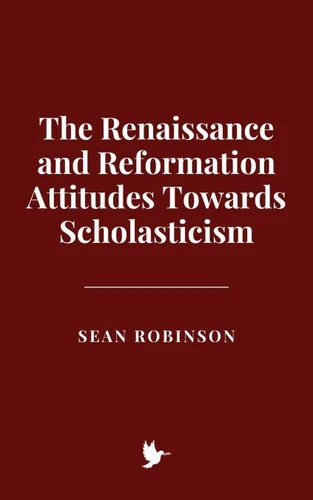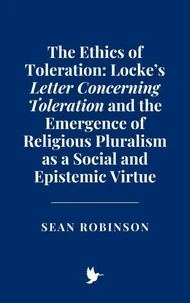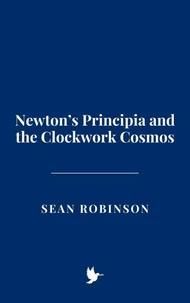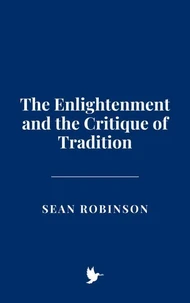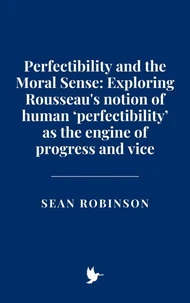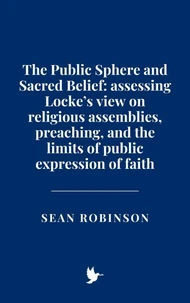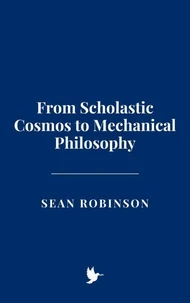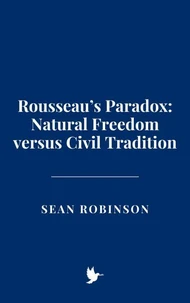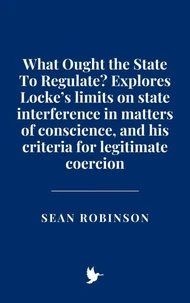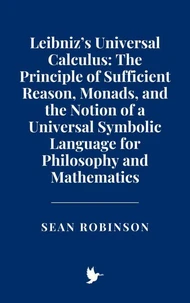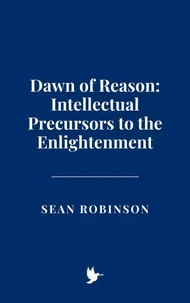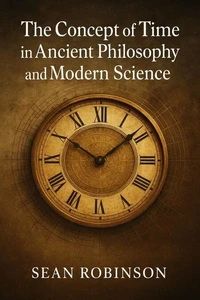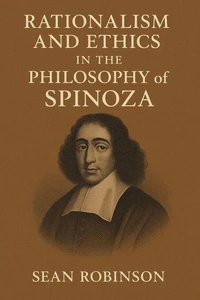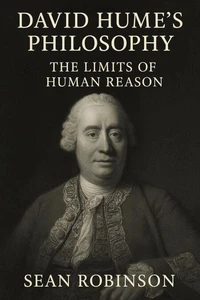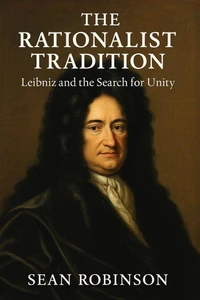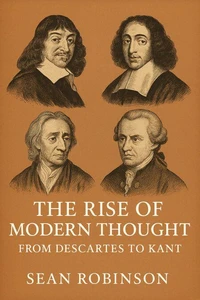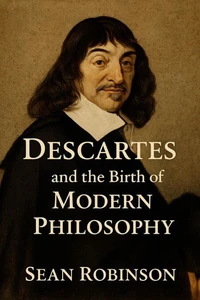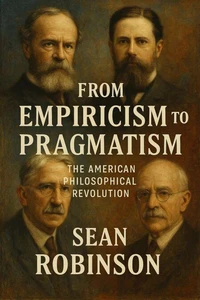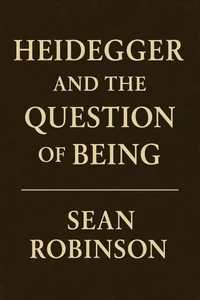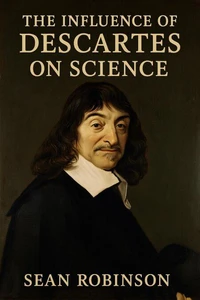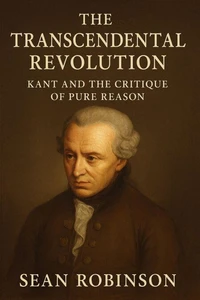The Renaissance and Reformation Attitudes Towards Scholasticism
Par :Formats :
Disponible dans votre compte client Decitre ou Furet du Nord dès validation de votre commande. Le format ePub est :
- Compatible avec une lecture sur My Vivlio (smartphone, tablette, ordinateur)
- Compatible avec une lecture sur liseuses Vivlio
- Pour les liseuses autres que Vivlio, vous devez utiliser le logiciel Adobe Digital Edition. Non compatible avec la lecture sur les liseuses Kindle, Remarkable et Sony
 , qui est-ce ?
, qui est-ce ?Notre partenaire de plateforme de lecture numérique où vous retrouverez l'ensemble de vos ebooks gratuitement
Pour en savoir plus sur nos ebooks, consultez notre aide en ligne ici
- FormatePub
- ISBN8227050601
- EAN9798227050601
- Date de parution11/12/2024
- Protection num.pas de protection
- Infos supplémentairesepub
- ÉditeurBig Dog Books, LLC
Résumé
This book explores the intricate interplay between Renaissance and Reformation attitudes toward Scholasticism, analyzing how this medieval intellectual tradition was critiqued, adapted, and revived in the face of profound cultural, religious, and philosophical transformations. Across twenty chapters, the work provides an in-depth examination of Scholasticism's evolution, its interaction with humanism, its role in shaping Protestant and Catholic theology, and its responses to the challenges posed by the Scientific Revolution and Enlightenment thought.
Tracing Scholasticism from its medieval foundations to its decline and modern revival, the book highlights key figures such as Thomas Aquinas, Francisco de Vitoria, and René Descartes, and examines seminal texts like Summa Theologica, Institutes of the Christian Religion, and Disputationes Metaphysicae. It investigates the geographic and institutional contexts where Scholasticism thrived, from the universities of Paris, Padua, and Salamanca to Jesuit colleges and Protestant seminaries.
The book also addresses the broader cultural implications of Scholastic debates on law, ethics, education, and the natural sciences. A recurring theme is the tension and synergy between Scholasticism and Renaissance humanism, as thinkers navigated the demands of tradition and innovation. By engaging deeply with primary sources, this study reveals how Scholastic methods shaped the intellectual foundations of early modern Europe and influenced subsequent developments in philosophy and theology.
This work concludes by assessing Scholasticism's legacy in modern intellectual life, particularly its revival in the 19th and 20th centuries through Neo-Thomism and its ongoing relevance in addressing contemporary questions of metaphysics, ethics, and the relationship between faith and reason. The book offers a comprehensive and nuanced account of Scholasticism's enduring impact, bridging the medieval and modern worlds in the history of ideas.
Tracing Scholasticism from its medieval foundations to its decline and modern revival, the book highlights key figures such as Thomas Aquinas, Francisco de Vitoria, and René Descartes, and examines seminal texts like Summa Theologica, Institutes of the Christian Religion, and Disputationes Metaphysicae. It investigates the geographic and institutional contexts where Scholasticism thrived, from the universities of Paris, Padua, and Salamanca to Jesuit colleges and Protestant seminaries.
The book also addresses the broader cultural implications of Scholastic debates on law, ethics, education, and the natural sciences. A recurring theme is the tension and synergy between Scholasticism and Renaissance humanism, as thinkers navigated the demands of tradition and innovation. By engaging deeply with primary sources, this study reveals how Scholastic methods shaped the intellectual foundations of early modern Europe and influenced subsequent developments in philosophy and theology.
This work concludes by assessing Scholasticism's legacy in modern intellectual life, particularly its revival in the 19th and 20th centuries through Neo-Thomism and its ongoing relevance in addressing contemporary questions of metaphysics, ethics, and the relationship between faith and reason. The book offers a comprehensive and nuanced account of Scholasticism's enduring impact, bridging the medieval and modern worlds in the history of ideas.
This book explores the intricate interplay between Renaissance and Reformation attitudes toward Scholasticism, analyzing how this medieval intellectual tradition was critiqued, adapted, and revived in the face of profound cultural, religious, and philosophical transformations. Across twenty chapters, the work provides an in-depth examination of Scholasticism's evolution, its interaction with humanism, its role in shaping Protestant and Catholic theology, and its responses to the challenges posed by the Scientific Revolution and Enlightenment thought.
Tracing Scholasticism from its medieval foundations to its decline and modern revival, the book highlights key figures such as Thomas Aquinas, Francisco de Vitoria, and René Descartes, and examines seminal texts like Summa Theologica, Institutes of the Christian Religion, and Disputationes Metaphysicae. It investigates the geographic and institutional contexts where Scholasticism thrived, from the universities of Paris, Padua, and Salamanca to Jesuit colleges and Protestant seminaries.
The book also addresses the broader cultural implications of Scholastic debates on law, ethics, education, and the natural sciences. A recurring theme is the tension and synergy between Scholasticism and Renaissance humanism, as thinkers navigated the demands of tradition and innovation. By engaging deeply with primary sources, this study reveals how Scholastic methods shaped the intellectual foundations of early modern Europe and influenced subsequent developments in philosophy and theology.
This work concludes by assessing Scholasticism's legacy in modern intellectual life, particularly its revival in the 19th and 20th centuries through Neo-Thomism and its ongoing relevance in addressing contemporary questions of metaphysics, ethics, and the relationship between faith and reason. The book offers a comprehensive and nuanced account of Scholasticism's enduring impact, bridging the medieval and modern worlds in the history of ideas.
Tracing Scholasticism from its medieval foundations to its decline and modern revival, the book highlights key figures such as Thomas Aquinas, Francisco de Vitoria, and René Descartes, and examines seminal texts like Summa Theologica, Institutes of the Christian Religion, and Disputationes Metaphysicae. It investigates the geographic and institutional contexts where Scholasticism thrived, from the universities of Paris, Padua, and Salamanca to Jesuit colleges and Protestant seminaries.
The book also addresses the broader cultural implications of Scholastic debates on law, ethics, education, and the natural sciences. A recurring theme is the tension and synergy between Scholasticism and Renaissance humanism, as thinkers navigated the demands of tradition and innovation. By engaging deeply with primary sources, this study reveals how Scholastic methods shaped the intellectual foundations of early modern Europe and influenced subsequent developments in philosophy and theology.
This work concludes by assessing Scholasticism's legacy in modern intellectual life, particularly its revival in the 19th and 20th centuries through Neo-Thomism and its ongoing relevance in addressing contemporary questions of metaphysics, ethics, and the relationship between faith and reason. The book offers a comprehensive and nuanced account of Scholasticism's enduring impact, bridging the medieval and modern worlds in the history of ideas.

